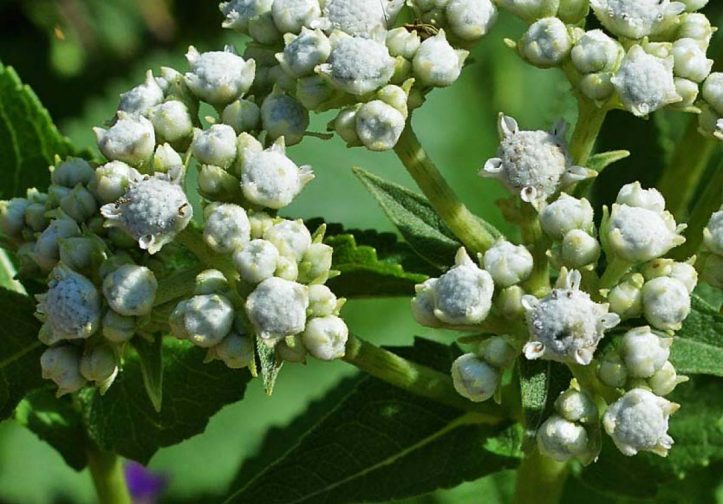What is Quinine? The herb quinine was discovered in 1824 by French physician Louis Pasteur. The compound, which is part of the mint family (Crateifera), is believed to be useful in reducing malaria, smallpox and other viral diseases. However, it has recently been shown to be very toxic to human beings when taken in high doses. Ingesting it can result in vomiting, diarrhea, and even death.
Quinine is a B-vitamin found in black and white seeds, tubers, and pods of the cactus plant. In the 1800s, it was successfully used to treat malaria and other tropical diseases. However, in recent years, quinine was banned for use as an antidote to malaria and other viruses because of the many negative side effects it could produce. Unfortunately, quinine is still used to treat malaria and some forms of cancer in south America, Africa, and Asia. Continue taking this medication and contact your doctor immediately if you experience chest pain with rapid or pounding heartbeat, extreme dizziness or lightheadedness, headache, fever, nausea, vomiting, diarrhea or light bleeding (especially in the nose), signs of nausea or vomiting, sudden or severe chest pressure, shortness of breath, swollen lymph nodes or neck, blurred vision, and chest pains or weakness.

Antimalarials are the class of medicines that are prescribed to treat malaria and prevent malaria from recurring. Although quinine works in the prevention and treatment of malaria, it can have undesirable side effects. As with other antimalarials, quinine may cause pregnant women to become terminally ill or kill them if they became addicted to it. People who take quinine should also avoid diving or swimming in regions where the drug is present due to the risks of getting infected with e-coli.
The main side effects of quinine when taken in high doses are constipation, diarrhea, gas, bloating, vomiting, and stomach cramps. People who are on a quinine detox should avoid food that will make them want to vomit, and should stop using quinine medicine while on the detox. If these symptoms do not subside within a day or so, it is best to consult a doctor for more help. Quinine is usually prescribed to people who are at high risk for side effects because of their blood-thinning problems or liver disease.
In rare cases, quinine may be useful to treat the following conditions: photodema due to hematological conditions (e.g., varicose veins), meningitis, herpes, multiple sclerosis, and some forms of heart disease. In a few cases, quinine is useful to treat bacterial infections, such as staphylococcus aureus. If you suspect that you might be allergic to quinine, see your doctor for a full list of possible allergic reactions and to learn how to prevent any adverse reactions from occurring.
If you think that you are allergic to quinine, you should avoid using any products containing quinine for several days to see if symptoms disappear. If the symptoms persist, your physician will most likely recommend that you receive a trial of intravenous quinine therapy. Although this method of treatment can be expensive and may not be covered by insurance, it is faster than taking a topical tonic in the U.S. If you are interested in receiving a shot of quinine as a treatment for an acute illness, you should go to a health food store or a drugstore where you can buy a nonprescription product that contains no quinine. To learn more about how a topical treatment can help with a cold or sinus infection, click on the resource box below.
When was quinine first used as a remedy for a sinus infection? Research suggests that it was probably introduced to the world in the late 1800s. Since then, quinine has proven to be effective in treating a wide range of ailments. For example, quinine is commonly prescribed to treat malaria. While there is some debate about whether or not the drug is more effective than an alternative, the bottom line is that it works, and it works well.
As you can see, quinine is an ancient herb with multiple potential uses. People have been using it to treat a variety of ailments over the years. One of the places where quinine is most frequently found in the medical world is in the form of a dietary supplement sold under the name “Cinchona Tree.” Cinchona Tree products contain a small amount of quinine, which is far lower than the amounts typically found in teas, powders, and capsules.